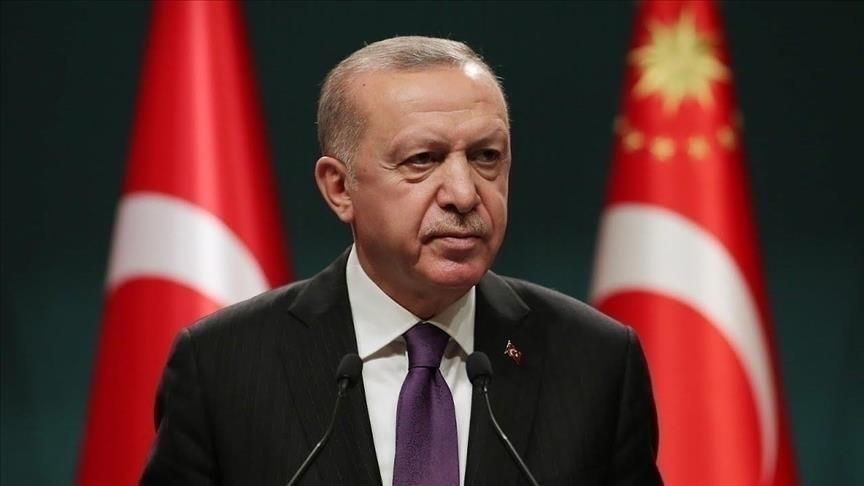By Marco Tieman
 Halal industry requirements are not static. New halal standards in Asia and the Middle East are covering products beyond food (such as cosmetics, pharmaceuticals and medical devices) and services (such as logistics, retail, hotels and hospitals), allowing key supply chain partners such as suppliers, producers, logistics service providers, distributors and retailers to get halal certified. Halal is moving away from a product approach towards a supply chain approach, similar to food safety, where halal is addressed all the way: from source up to the point of consumer purchase. The point of consumer purchase can be the supermarket, restaurant, pharmacy, or in case of e-commerce the doorstep of the consumer.
Halal industry requirements are not static. New halal standards in Asia and the Middle East are covering products beyond food (such as cosmetics, pharmaceuticals and medical devices) and services (such as logistics, retail, hotels and hospitals), allowing key supply chain partners such as suppliers, producers, logistics service providers, distributors and retailers to get halal certified. Halal is moving away from a product approach towards a supply chain approach, similar to food safety, where halal is addressed all the way: from source up to the point of consumer purchase. The point of consumer purchase can be the supermarket, restaurant, pharmacy, or in case of e-commerce the doorstep of the consumer.
With a higher halal awareness by the Muslim consumer, halal logistics is becoming more important in advanced halal markets like Malaysia, Indonesia, Brunei, Turkiye, United Arab Emirates, and Saudi Arabia in providing a higher level of halal assurance for the Muslim consumer and a better way of organising halal supply chains for brand owners.
Existing halal production standards in Muslim majority countries already require segregation between halal and non-halal in sourcing and distribution for the brand owner. Failure in addressing halal throughout the brand owner supply chain could result in losing your halal certificate. Addressing halal in logistics is therefore essential from a pure risk management point of view. Appointing a halal certified logistics service provider makes business sense, by better protecting the halal integrity of the brand owner supply chains by design, which is based on actual halal control points and control measures in transportation and storage, which are audited and certified by an independent halal certification body.
The logistics service provider plays a critical role in halal supply chains, in delivering synergy advantages in terms of protecting the halal integrity of cargo, standardisation of halal assets, sharing of halal information, pooling of resources, bundling of halal volumes, and optimising halal supply chains. Halal producers and retailers can make use of their expertise, global network and ability to consolidate halal cargo flows.
Halal logistics is a system of physical segregation in transportation, storage and sea/air terminal operations from non-halal products and a proper identification and communication of the halal status to avoid any mixing of halal and non-halal cargo at any stage in the supply chain. Today there are specialised halal logistics standards to refer to. For example, Malaysia already introduced in 2010 its halal supply chain management system standard MS 2400 for transportation, warehousing and retailing. Indonesia launched in 2021 the HAS 23000-5 halal certification requirements for the logistics industry. There is also an international halal supply chain management system standard introduced in 2020, the OIC/SMIIC 17:2020, covering similar to Malaysia: transportation, warehousing and retailing.
Over the past ten years we have seen both local and multinational logistics service providers embracing halal certification in both Muslim and non-Muslim countries certified by both local and international halal standards. The halal certified logistics service provider has become an indispensable partner for best-in-class halal supply chains. It is expected that port terminal operators, shipping lines, airport terminals, and airlines will present the next wave in halal logistics certification.
About the Author
Dr. Marco Tieman is the CEO of LBB International, a supply chain strategy consultancy and research firm, advising companies and governments on halal production, clusters, supply chain management, and risk and reputation management. He is also an Adjunct Professor with UTM Azman Hashim International Business School in Malaysia, a Senior Fellow with IPMI International Business School in Indonesia and a Research Fellow with University of Malaya Halal Research Centre in Malaysia, conducting research on halal procurement strategy, halal logistics, halal supply chain management, and halal risk and reputation management. He is the author of ‘Halal business management: a guide to achieving halal excellence’.



